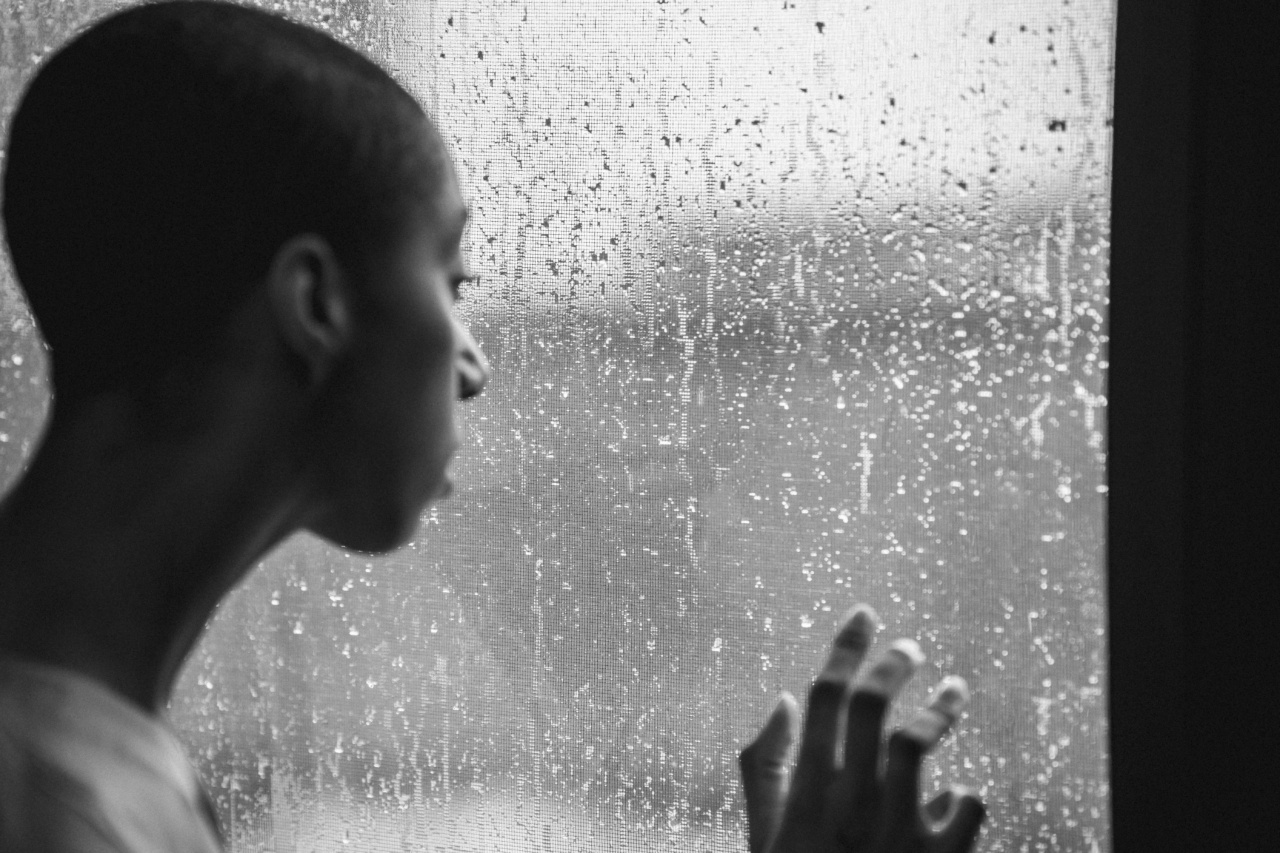Depression is a mental health disorder that affects millions of people worldwide.
While it is commonly known for its debilitating effects on mood, energy levels, and overall well-being, there is also a darker side to depression that often goes unnoticed. In this article, we will delve into the hidden aspects of depression and shed light on the profound impact it can have on individuals and society as a whole.
The Silent Struggle
Depression is often referred to as the “silent struggle” due to its invisible nature. Unlike physical illnesses, the symptoms of depression are not easily discernible to others, leading to a lack of understanding and empathy.
This can leave individuals feeling isolated, misunderstood, and stigmatized.
The Mask of Smiles
A common misconception about depression is that those who experience it are always sad or withdrawn. However, many individuals with depression become experts at hiding their true emotions behind a mask of smiles.
They may appear cheerful and engage in social activities, but deep down, they are silently battling their inner demons.
The Tunnel of Hopelessness
One of the darkest aspects of depression is the overwhelming feeling of hopelessness. Individuals may feel trapped in a seemingly never-ending tunnel, where there is no light at the end.
This sense of despair can lead to thoughts of suicide and self-harm, making depression a life-threatening condition.
The Strain on Relationships
Depression takes a toll not only on the individual but also on their relationships. The constant mood fluctuations, irritability, and lack of motivation can strain even the strongest of bonds.
Friends and family members may feel helpless, frustrated, and unsure of how to provide support.
The Suffering in Silence
Many individuals with depression suffer in silence, afraid of burdening others with their struggles. This silence can prevent them from seeking the help they desperately need.
Feelings of shame and guilt further contribute to their silence, making the road to recovery even more challenging.
The Cycle of Self-Destruction
Depression often fuels a cycle of self-destructive behaviors. Individuals may resort to substance abuse, overeating, or self-harm as coping mechanisms.
These unhealthy behaviors provide temporary relief but ultimately worsen the underlying depression, creating a dangerous loop that is difficult to break.
The Impact on Physical Health
While depression primarily affects mental health, its impact extends to physical well-being. Studies have shown a correlation between depression and various physical ailments, including cardiovascular disease, chronic pain, and weakened immune function.
The body and mind are intrinsically connected, and neglecting one’s mental health can have dire consequences on their physical health.
The High Cost of Depression
Depression is not only a personal burden but also an economic one.
The cost of treating depression, coupled with the loss of productivity due to absenteeism or decreased performance, places a significant financial strain on individuals and society as a whole. Additionally, untreated depression can lead to more severe mental health conditions, compounding the economic impact.
The Stigma Barrier
Despite efforts to raise awareness about mental health, stigma remains a significant barrier for those battling depression.
Many individuals fear judgment, discrimination, or repercussions in their personal and professional lives if they openly acknowledge their condition. Breaking down this stigma is crucial to ensure that individuals feel comfortable seeking help without fear of societal consequences.
Hope in the Darkness
Amidst the dark side of depression, there is always a glimmer of hope. With proper diagnosis, treatment, and support, individuals can reclaim their lives and find happiness once again.
It is essential for society to foster an environment of compassion, understanding, and empathy to help those affected by depression on their journey to recovery.






























